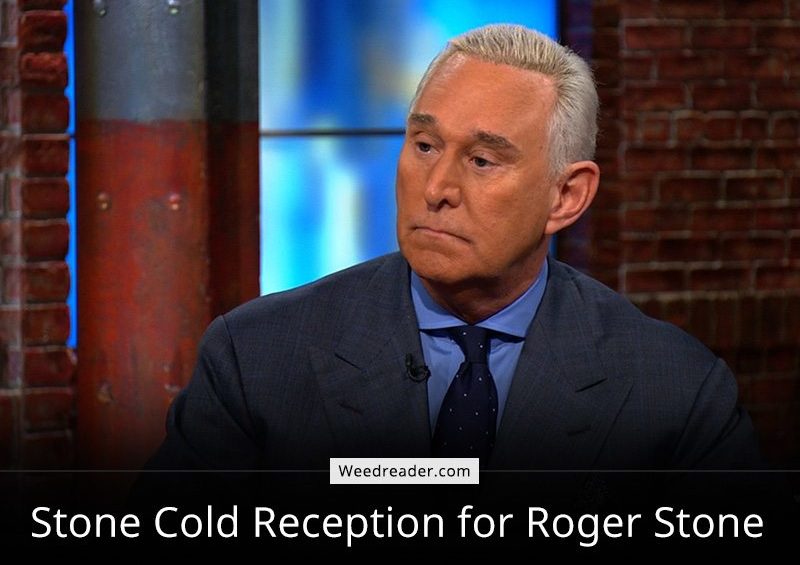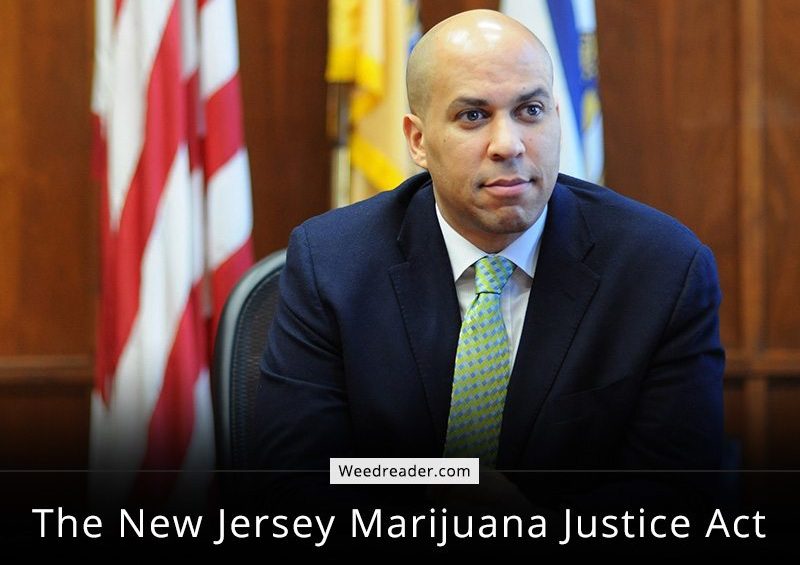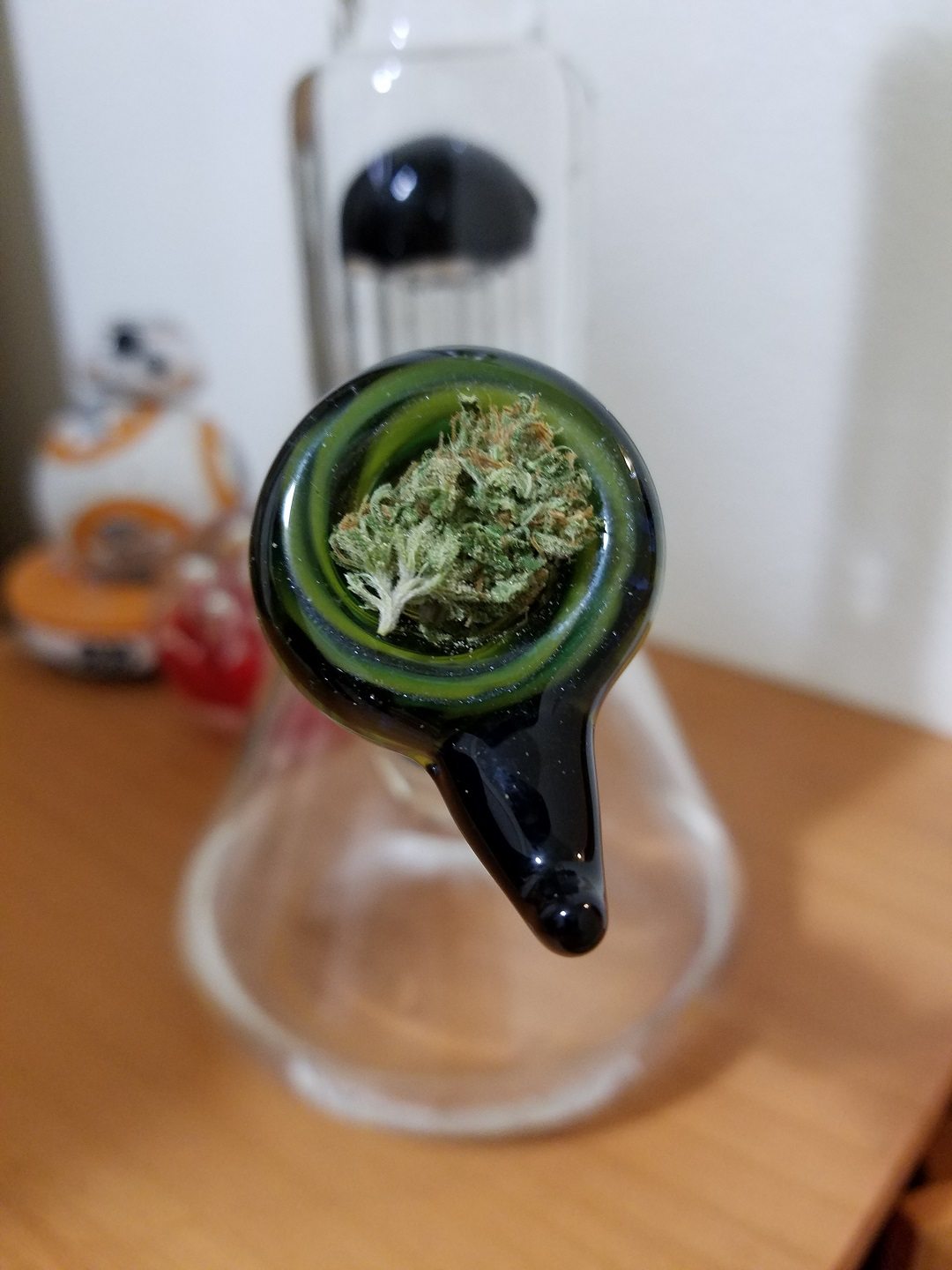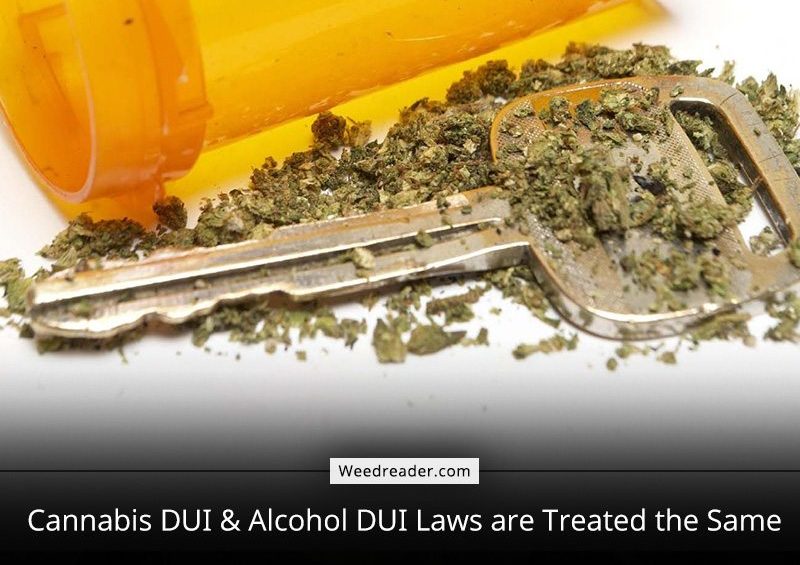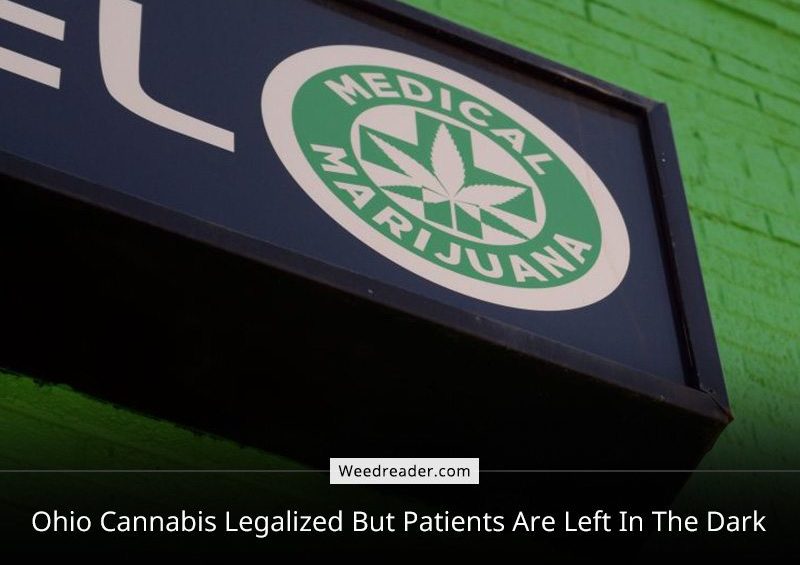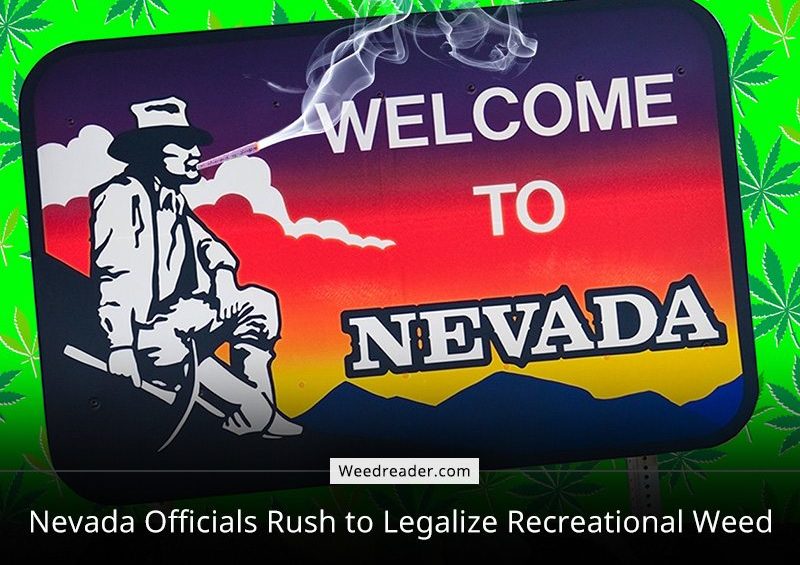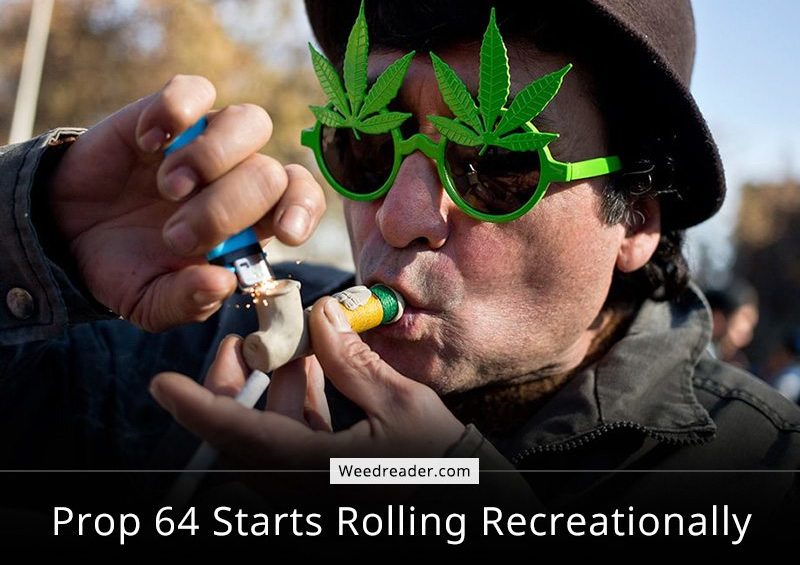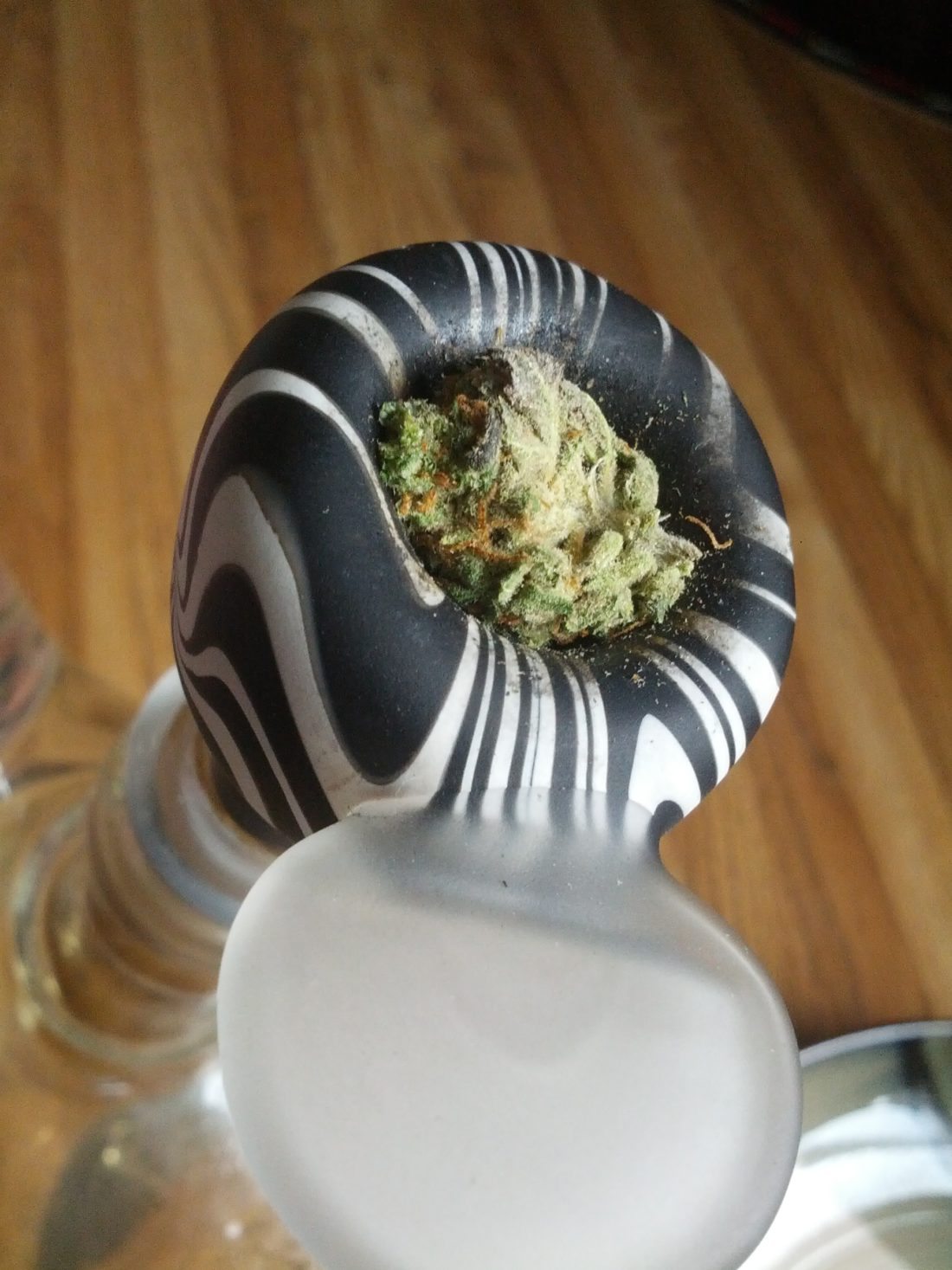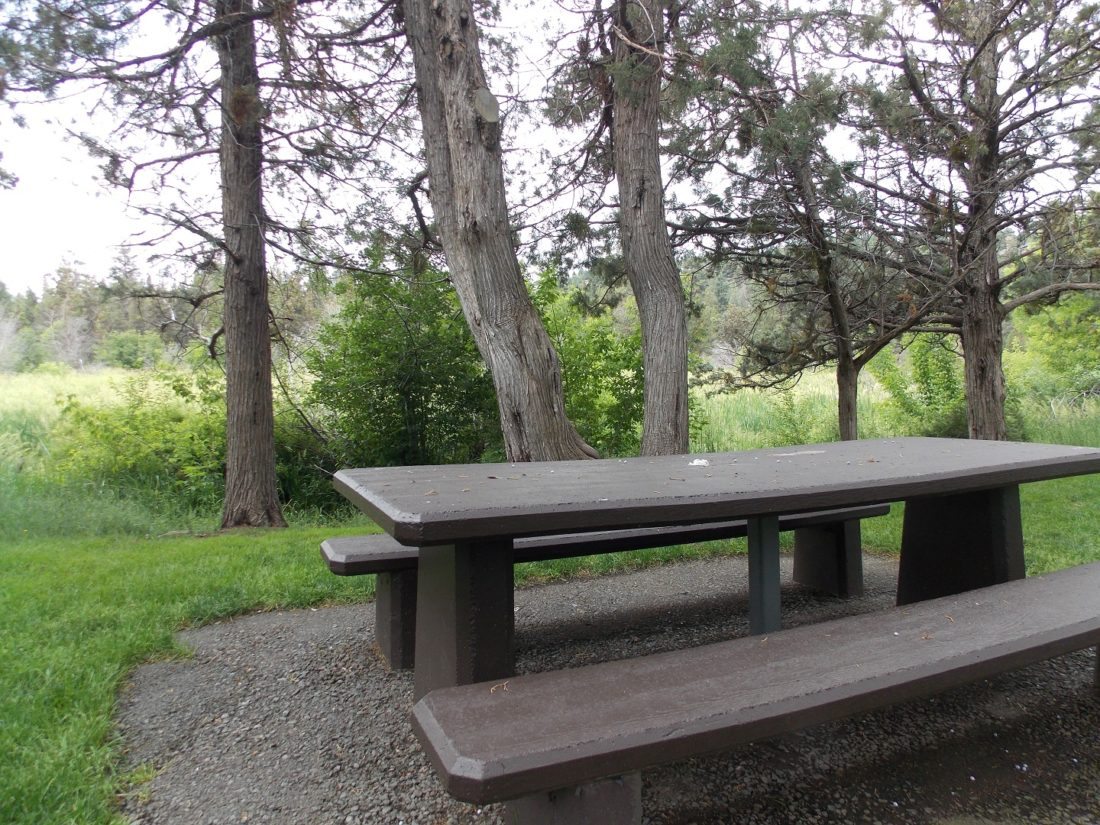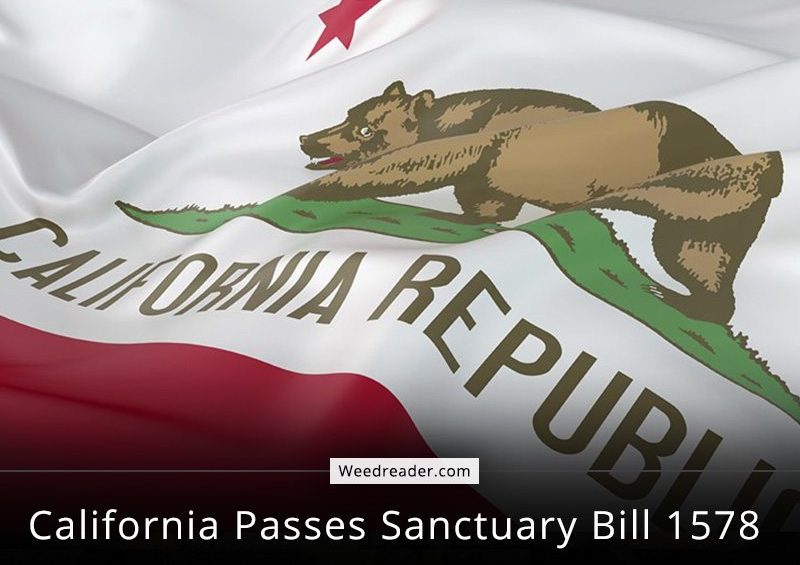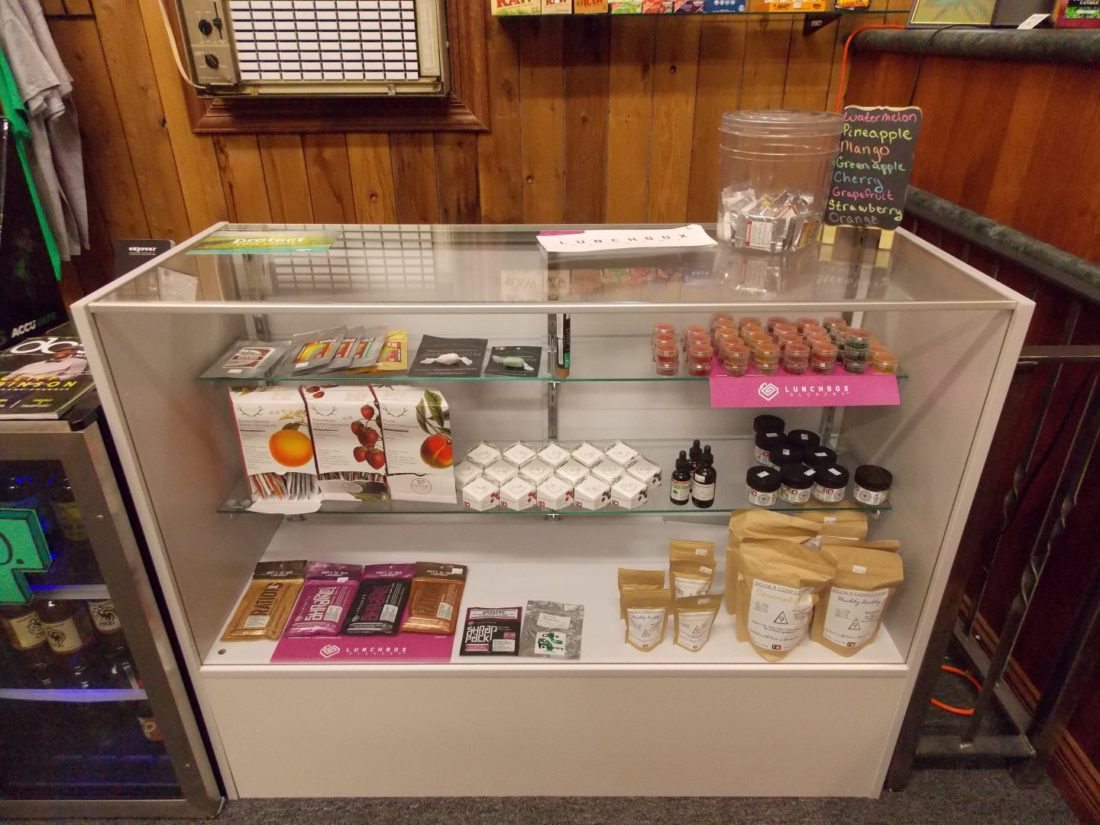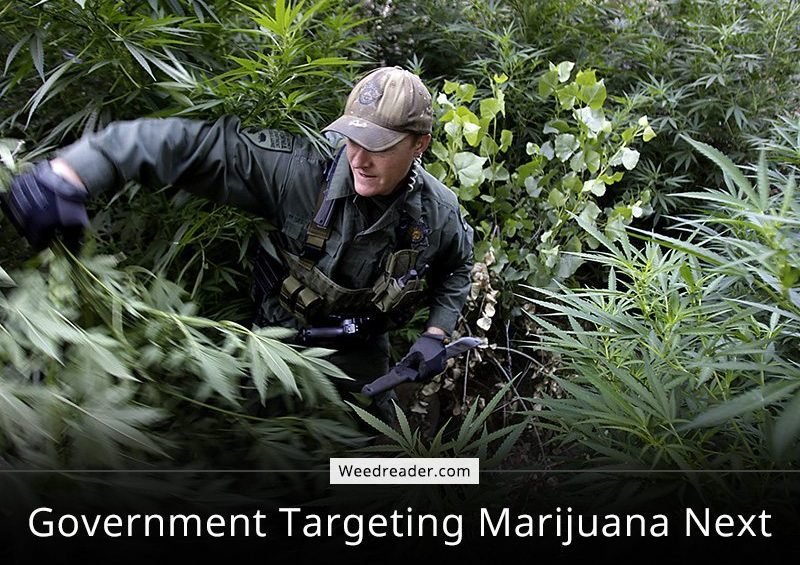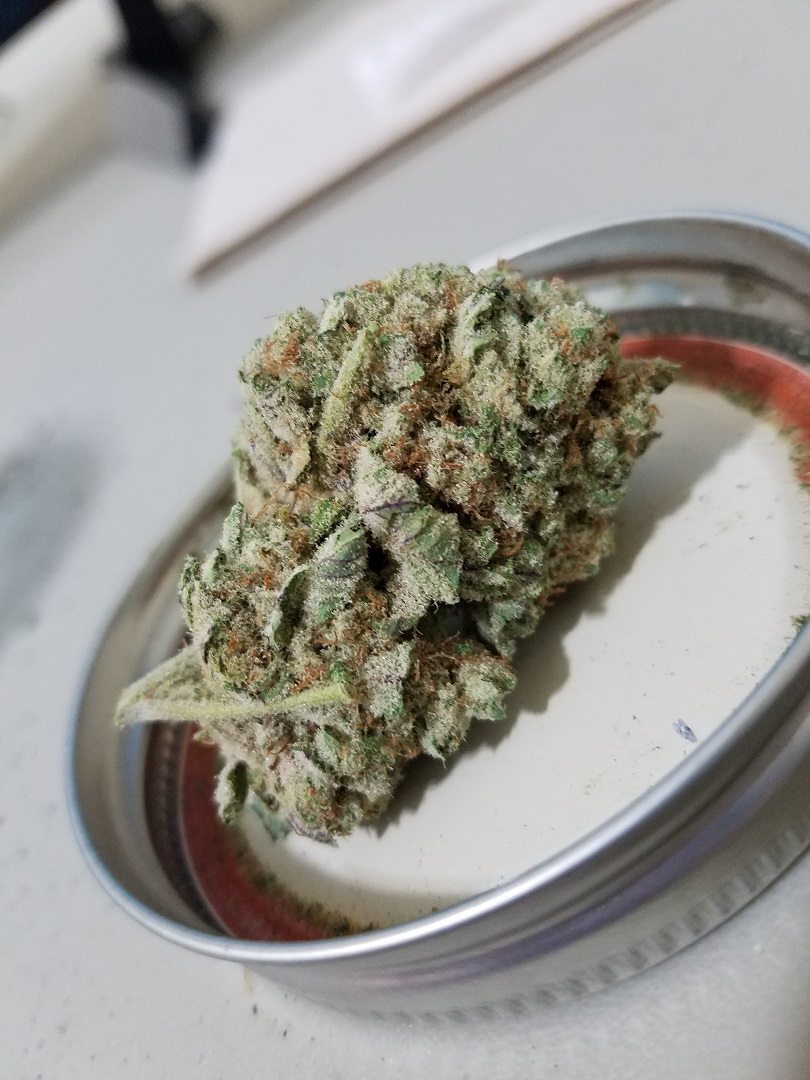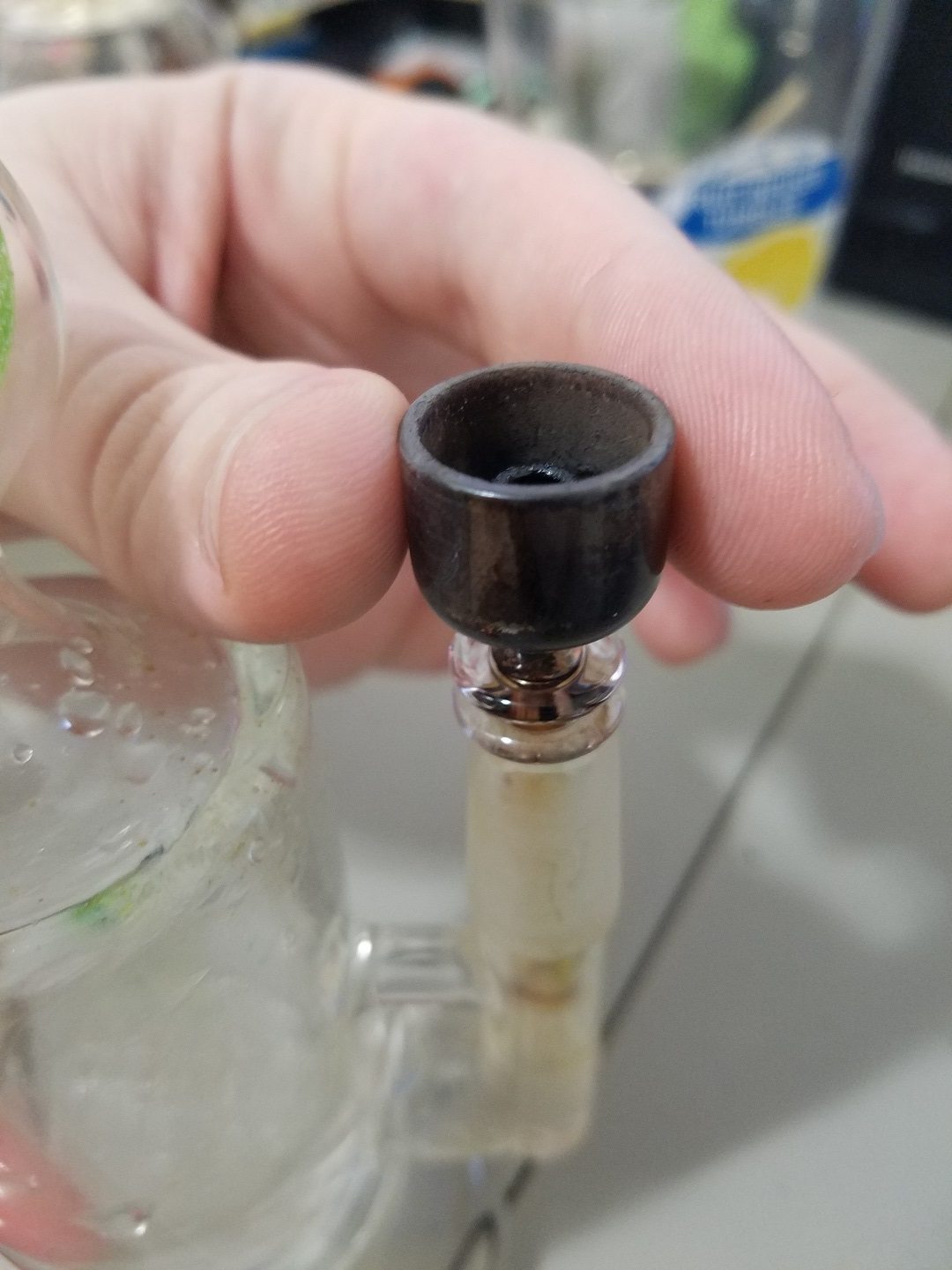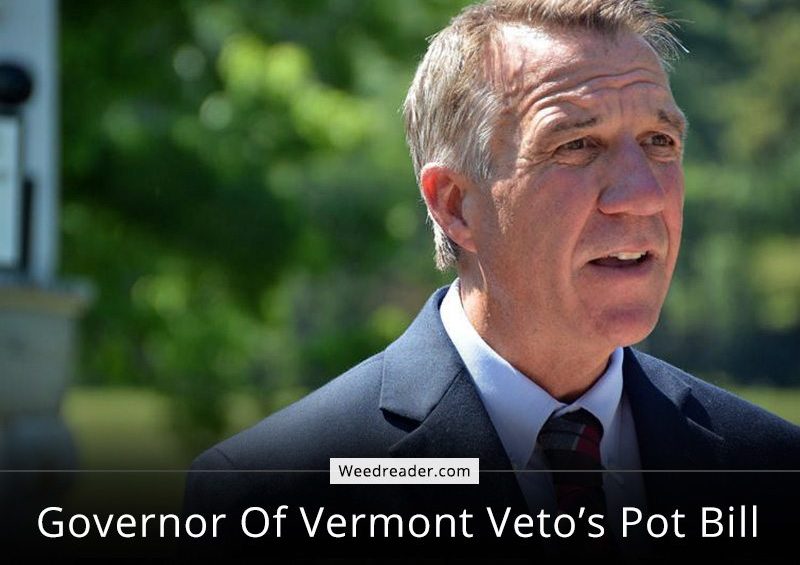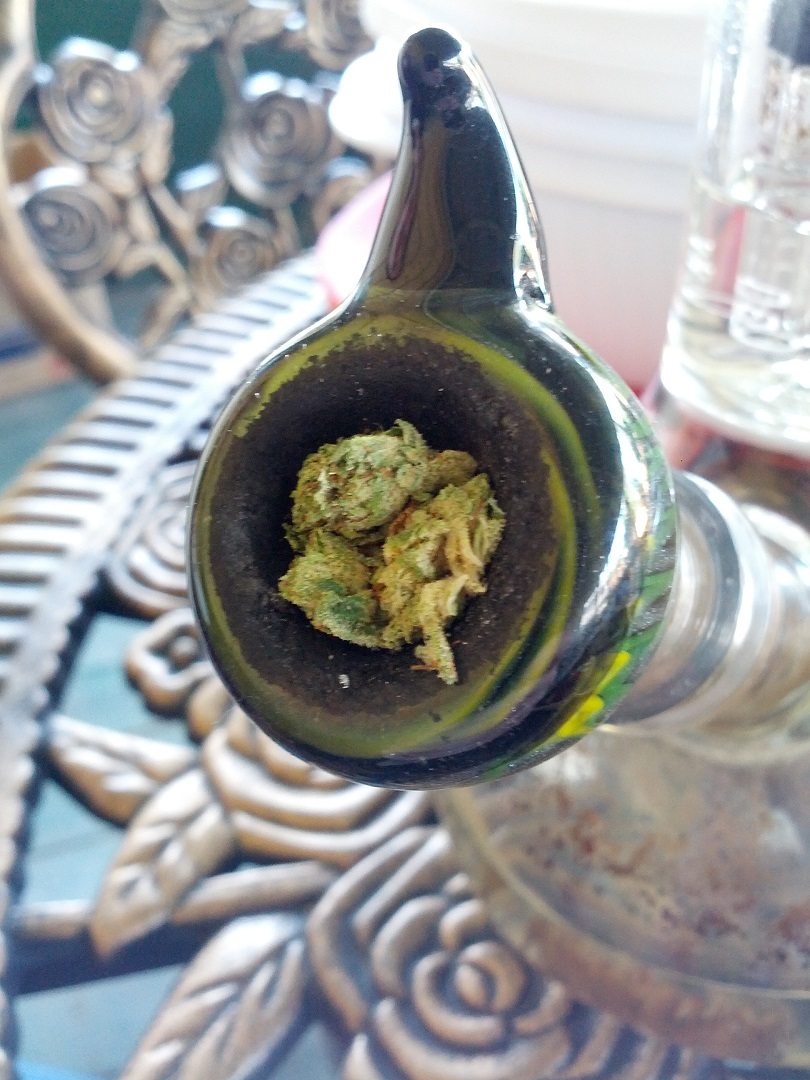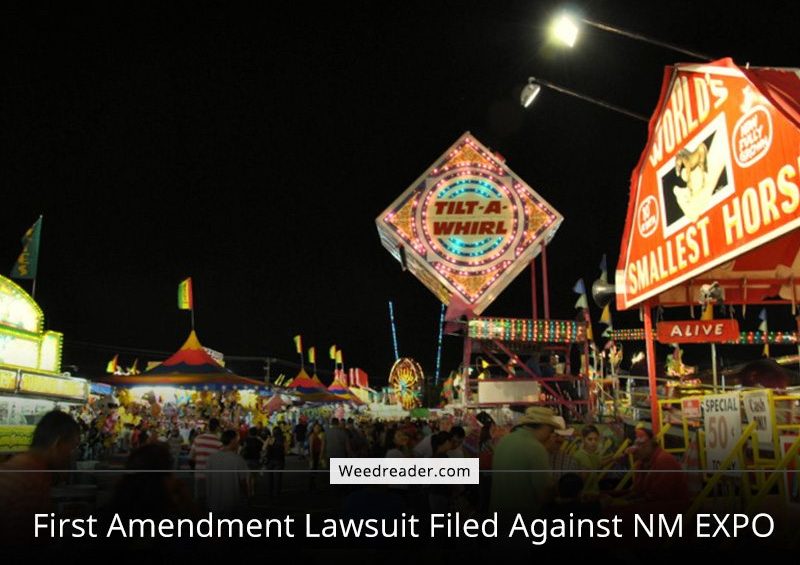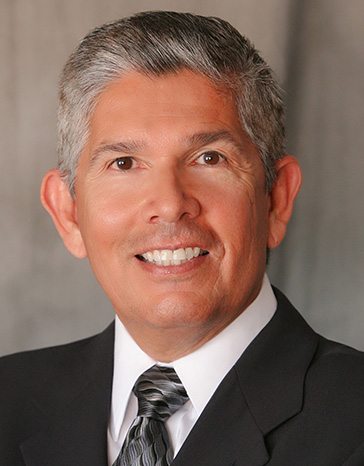Cannabis reform is under threat from extremist ideologies.
I’m not talking about one person or one ideology either. On the Left and Right, people are taking extreme stances that alienate potential allies. The most recent example of this is the controversy over Roger Stone (Alt-Right personality) being a keynote speaker at the Cannabis World Congress & Business Expo.
Stone is a racially controversial figure with close ties to the Trump administration. His radical views leverage racial tensions to drive home his points. Yet Stone supports cannabis reform and has attended CWCBExpo conferences before without issue.
But after the tragic events of Charlottesville and the subsequent support President Trump gave (even while denouncing) to white nationalists and Neo Nazis, everyone is up in arms. Tensions are at an all-time high and every passing day sees the pressure build as new lines are drawn in the sand.
Organizations are withdrawing from mutually supported causes.
On Thursday, the Minority Cannabis Business Association (MCBA) put up a Facebook post announcing its withdrawal from the CWCBExpo due to the presence of Roger Stone. “As a result of CWC choosing this guy as their keynote speaker, MCBA has decided to withdraw from attendance and speaking roles at this conference. CWC, you know better so there’s no excuse not to do better.”
The official reply from the CWCBExpo was a poorly thought-out and emotional response from Scott Giannotti. The managing partner of the CWCBExpo posted “How convenient MCBA is promoting CWCBExpo’s biggest competitor NCIA, who hosts ALL WHITE CONFERENCES. Meanwhile CWCBExpo works hard at producing the most politically and culturally diverse conference program in the cannabis industry. But we’re racists ok lol I’ll put our show guide up against NCIA’s any day you want and show you how dumb you people are.”
It is important to note that NCIA does not host “all white conferences”. They defended themselves but have deemed the attack beneath their attention. Instead of entering the rats-nest of ‘who is the bigger racist’, they continue to operate as normal. But the attack on the alternative conference left a bitter flavor in the mouths of several speakers.
The controversy is bigger than one speaker (Stone) or one conference (CWCB).
Several other prominent organizations dropped out of the conference so far. The biggest so far are Aunt Zelda’s co-founder Mara Gordon, as well as former Drug Policy Alliance California policy manager Amanda Reiman. Reinman is also the new vice president for community relations at Flow Kana.
It’s important to weigh the risk and reward before engaging in such a divisive strategy. Dropping the conference is a powerful way for companies to show their values. But too much of it has a detrimental effect on the entire community. It not only shuts down discourse, it delegitimizes the common ground we all share.
As longtime readers know, I do not support white nationalism or the Trump agenda. Our nation resembles an echo chamber and dissenting opinions are often absent consideration. We must recognize our common goals and actually work together on them. Otherwise, we are doomed to escalating violence.

